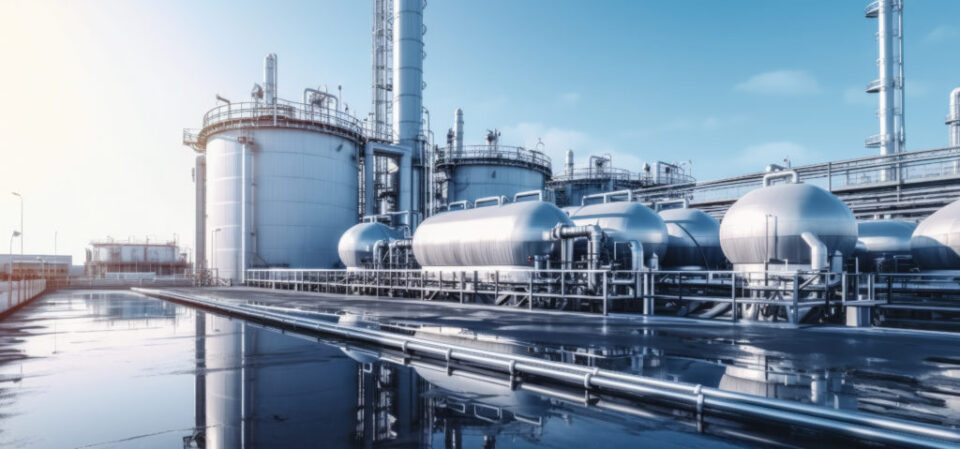A new report reveals that while $250 billion has been committed to support low-carbon material production in carbon-intensive sectors such as chemicals, fuels, and metals, future projects will require more than $1.6 trillion—over five times the current funding level.
The study, published Thursday by the Mission Possible Partnership (MPP), highlights the urgent need to accelerate investment in clean industrial technologies to meet global climate targets.
So far, 69 clean-energy-powered material production projects are operational, with another 65 having secured financing. However, an additional $1.6 trillion worth of proposed projects remains unfunded. The majority of these are located in newly industrialized “sunbelt” countries—such as Indonesia and Morocco—which have already captured 20% of the existing $250 billion investment.
According to the MPP, sunbelt nations now account for 59% of the global investment pipeline for clean industrial projects, compared to 18% for the United States, 10% for the European Union, and just 6% for China.
“The next generation of energy-intensive industrial plants will be built where clean, affordable, and reliable electricity is abundant,” said Faustine Delasalle, CEO of MPP and Executive Director of the Industrial Transition Accelerator (ITA).
She added that these emerging industrial hubs are poised to outpace Western economies in critical sectors such as green ammonia production, potentially reshaping the global economic landscape.
Backed by the Bezos Earth Fund and the World Economic Forum, the MPP aims to catalyze low-emission industrial development. It also supports the ITA, an initiative launched at COP28 in Dubai to drive green investment in heavy industries.
The report identifies green ammonia (used in fertilizer) and sustainable aviation fuel as the fastest-growing clean technology sectors. However, it warns that more is needed in the metals industry to hit climate goals.
In steel production, while 33 near-zero emission primary steel plant projects are underway, at least 90 projects must be financed by 2030 to stay on track for net-zero. In aluminum, 44 projects exist, but 165 are needed within the same timeframe.


